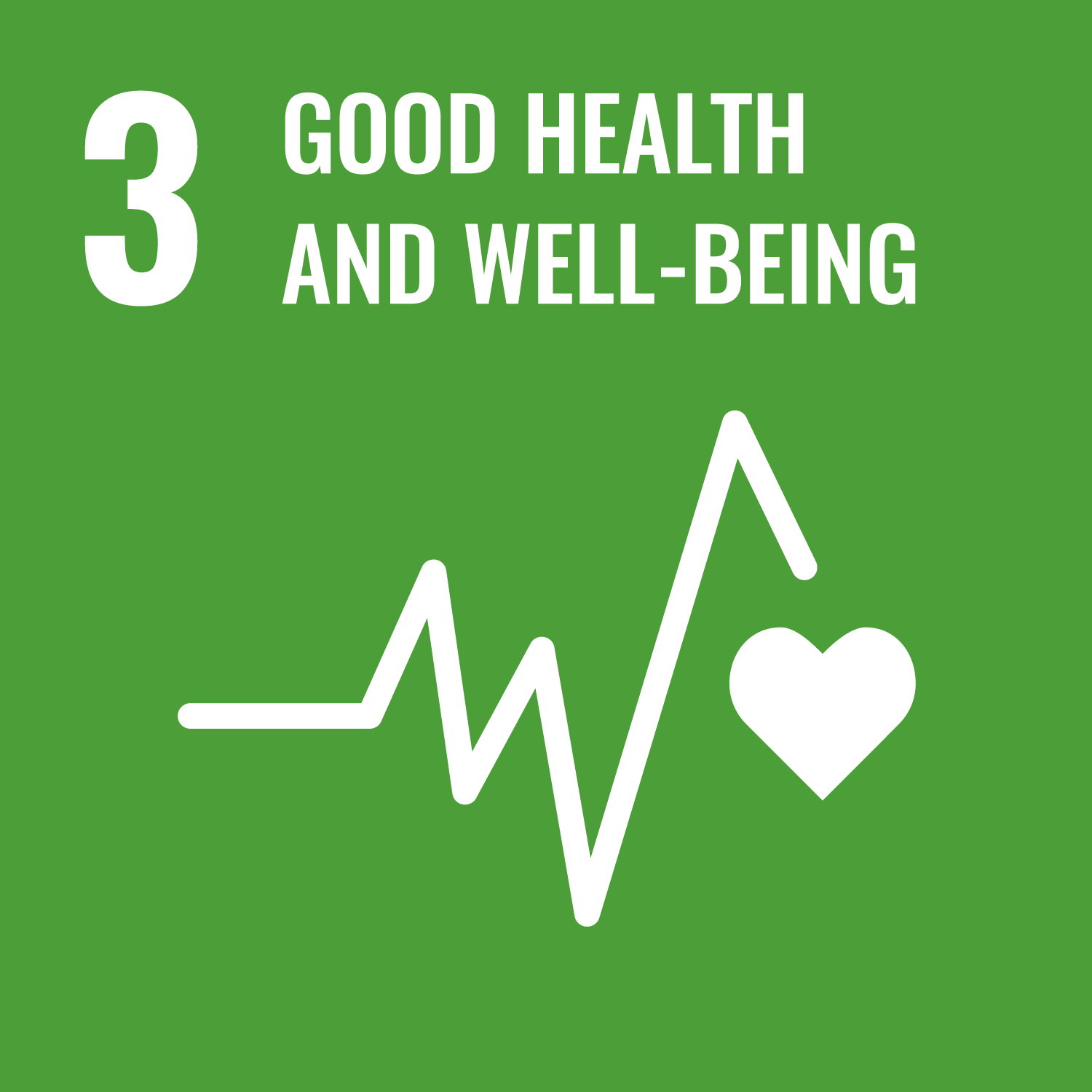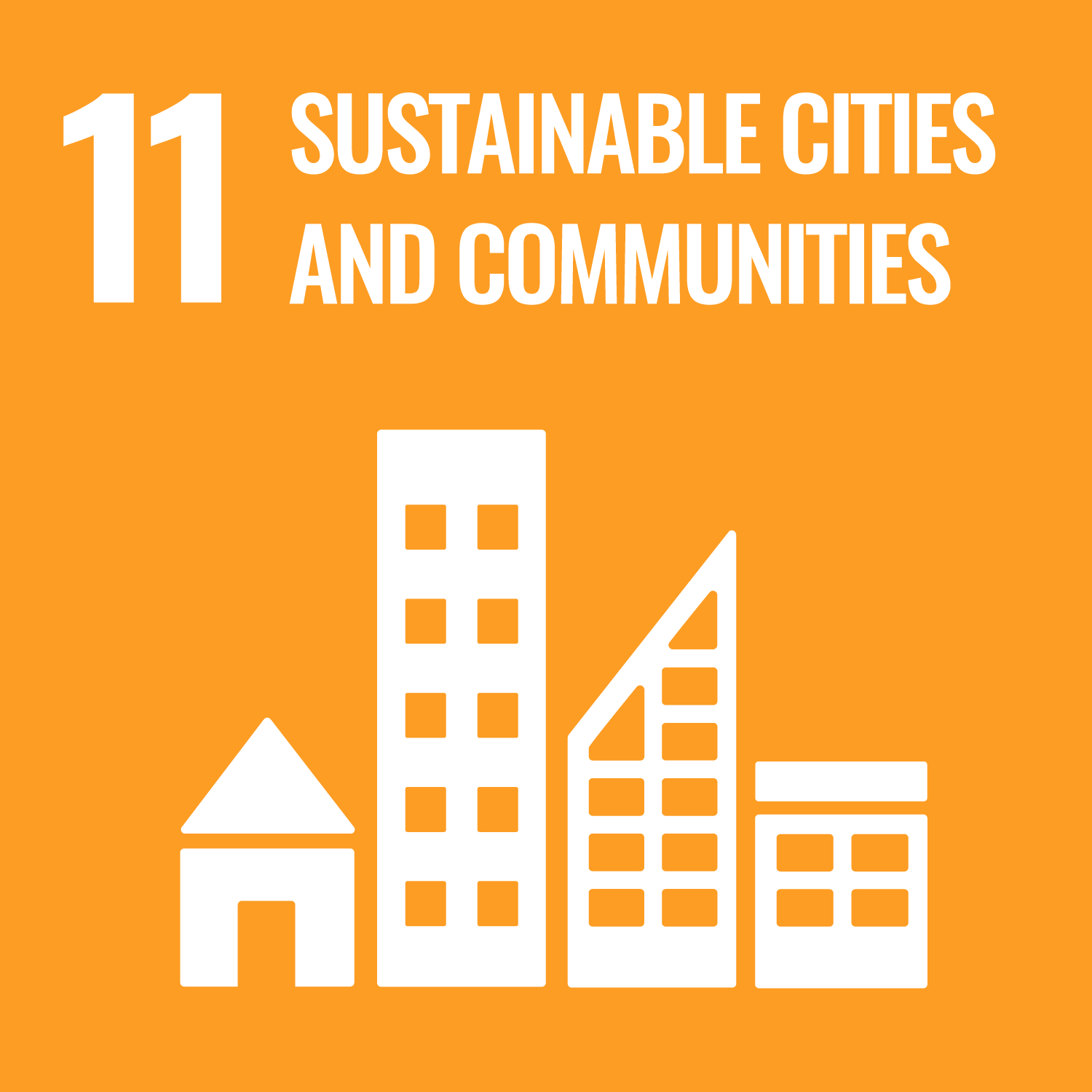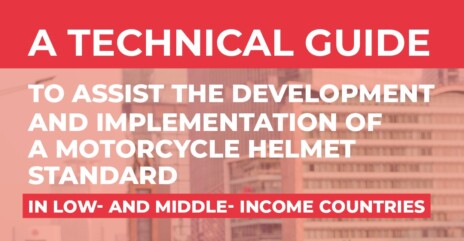Road Traffic Law Enforcement on drink driving and helmet wearing in Cambodia
Over recent years, as a consequence of rapid growth in urbanisation and motorisation with inadequate road traffic legislation, lack of enforcement, and insufficient road safety education, there has been a gradual increase in road crashes in Cambodia.
According to the Road Crash and Victim Information System (RCVIS) 2011 annual report, more than 1’900 fatalities have been recorded. Motorcyclists, the most vulnerable road users, accounted for 67% of total fatalities. Up to 70% of fatalities amongst motorbike drivers were the result of head injuries [1]. Over-speeding and alcohol misuse contributed to the highest proportion of traffic fatalities with 52% and 14% respectively.
Within the RS10 project funded by Bloomberg Philanthropies, GRSP Cambodia has been tasked to enhance the capacities of and support Government Institutions and groups within civil society to strengthen road safety initiatives and interventions.
In 2011 within 6 targeted provinces covered by the RS10 project, only 63% of motorbike drivers were wearing helmets during the day time and this decreased to 42% at night time [2]. Provinces where there is frequent and targeted enforcement have higher helmet wearing rates than those with lower enforcement operation. The evidence shows that enforcement works in changing road user behaviours.
Traffic police training to strengthen enforcement of the two identified risk factors of drinking & driving and helmet wearing were organized in three targeted locations of Phnom Penh municipality and neighboring provinces of Kandal and Kampong Speu. 228 well-trained traffic police officers were deployed for enforcement operations at night in over 25 checkpoints from 6:00pm until 11:00pm. Basic equipment such as breathalyzers for testing drivers’ alcohol level and lights and barriers that make the checkpoints safer have been acquired to support enforcement operations within the last two years.
During the two-year period where enforcement operations were enhanced, 92,559 drivers were tested and 4,069 were found to have consumed alcohol above the legal limit. Additionally, 13,945 motorcycle drivers have been stopped and fined due to not wearing a helmet.
 “Most road crashes occurring at night time were involved with drink driving violation. So far, we did not have skills and tools for operations. Now I could say the training is very useful providing us enough skills to implement better enforcement operations” explains Captain Nil Sam, chief of Administration Office, Siem Reap Provincial Police Commissariat.
“Most road crashes occurring at night time were involved with drink driving violation. So far, we did not have skills and tools for operations. Now I could say the training is very useful providing us enough skills to implement better enforcement operations” explains Captain Nil Sam, chief of Administration Office, Siem Reap Provincial Police Commissariat.
In 2012, the Order Department, the Ministry of Interior, through direct technical assistance given by GRSP, have trained 1,280 traffic police officers in all 24 municipalities and provinces. This included tactics and skills on how to set up effective checkpoints, techniques on operations and maintenance of the breathalyzer kit, simple methods to collect drink driving and helmet wearing data at checkpoints, and practical mentoring exercises at the roadside.
 “The Ministry ordered to all municipal and provincial police commissariats to develop enforcement action plans for implementation, and will monitor closely their enforcement operations”, said Major General Him Yan, Director of Order Department of the General Commissariat of National Police, Ministry of Interior.
“The Ministry ordered to all municipal and provincial police commissariats to develop enforcement action plans for implementation, and will monitor closely their enforcement operations”, said Major General Him Yan, Director of Order Department of the General Commissariat of National Police, Ministry of Interior.
The trainings responded to a precise need at the right time in supporting the Government of Cambodia to reduce tragic figures of road traffic crashes and injuries on Cambodia’s roads. The trainings also send an indirect message to all road users that traffic police are well-trained and equipped to handle enforcement operations both by day and night.
[1] Road Crash and Victim Information System, managed by the NRSC with technical support from Handicap International Belgium
[2] Handicap International Belgium survey in 2011
Related news






